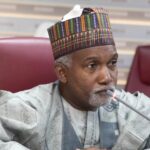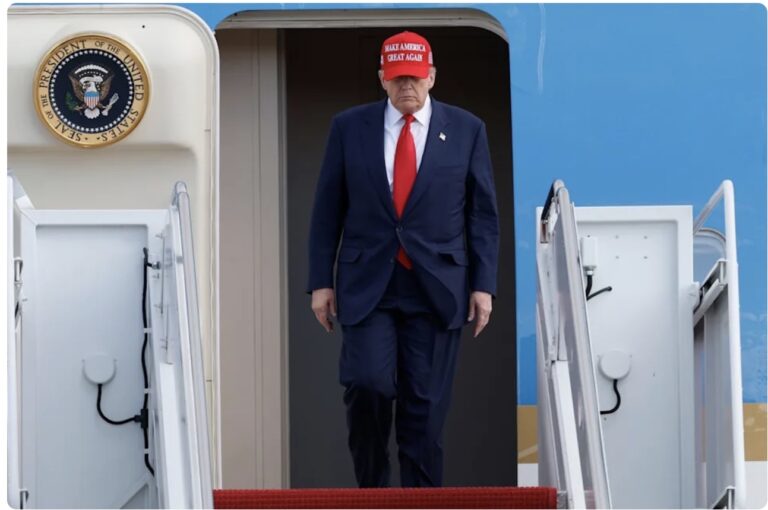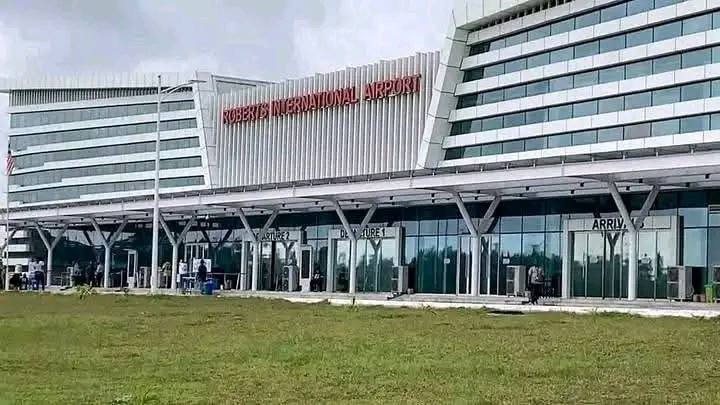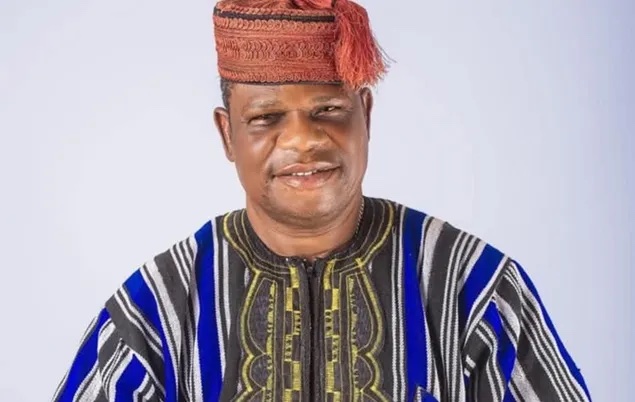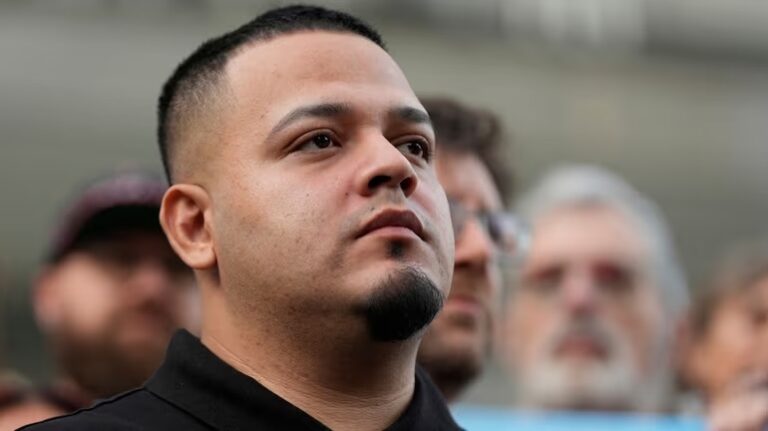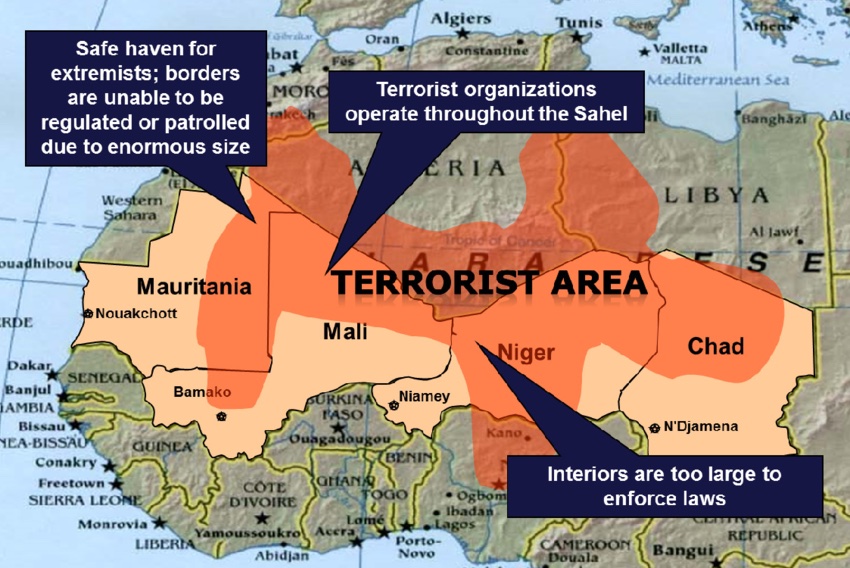
The European Union Special Representative for the Sahel region, Joao Cravinho, has issued a warning about the potential spillover effects of the ongoing crisis in the Sahel region on neighboring countries, including Liberia.
The security, economic, and migrant crises in the Sahel have led to millions of people being displaced, impacting countries like Liberia. The influx of Burkinabes into Liberia has caused tensions over land disputes in various counties including Grand Gedeh, River Gee, Nimba Counties and others.
Despite not being a direct neighbor to the Sahel, Liberia is still vulnerable to the destabilization in the region, which could have negative consequences in the future.
“Liberia is buffered by its neighbors so it is not an immediate neighbor to the Sahel, but the truth is the whole region is destabilized and this can, in the near or medium-term future, have very negative consequences for Liberia,” Cravinho told media executive in an engagement on Tuesday, September 9, in Monrovia. “Certainly it[the crossing of Burkinabe from neighboring Ivory Coast] doesn’t help Liberia’s current circumstances. The fact that not too far away you have such a deep crisis with populations on the move because they cannot stay where they are.”
Cravinho highlighted the challenges faced by Liberia, such as porous borders that facilitate illegal entry, drug trafficking, and human trafficking.
The EU envoy, who has been in the country for nearly four days, noted that he has had meeting with the heads of the country’s security institutions and the briefing he has received show that the country faces a lot of challenges—prime among these being the porosity of the country’s borders which make it impossible to handle illegal entries, drugs and human trafficking.
He emphasized the need for border control to address these security issues effectively. The crisis in Burkina Faso, fueled by insecurity and possibly climate change, has led to the movement of Burkinabe citizens into neighboring countries like Liberia, posing challenges related to land disputes and potential security threats.
“With respect to pressing security issues, here I am relaying the information that I was given. And I think many of my interlocutors in the National Security Council underlined the difficulty in controlling borders and the porosity of national borders, land borders, but also the territorial waters and as well the points of access, particularly the airport and ports,” he said. “This is obviously problematic because we are living in an age where there is increased trafficking of all sorts, including human trafficking. And the need to control borders is something that is keenly felt by the authorities in Liberia, and we understand their perspective.”
He disclosed that he was briefed on the Burkinabe crisis in the country, which he believed is fueled by the insecurity issues in the Sahel region, though the issue of climate change could also be a factor.
“I was briefed on this matter, and you link it to climate change. I think, yes, climate change is a factor, but also insecurity, generalized insecurity in Burkina Faso as a result of terrorist activities in many different parts of the territory have led to this influx of Burkinabes, above all to Cote d’Ivoire, some of whom, it appears, a small portion because many, many have gone into Cote d’Ivoire, several million, but a small portion, it appears, have been making their way over to the territory of Liberia,” he said. “I was quite struck by a comment made by the Inspector General of Police because as far as I understand it, the assessment at the moment is that these Burkinabe citizens are, above all, looking for land, looking for the opportunity to farm because they don’t have these opportunities in Burkina Faso itself.”
He added, “But the Inspector General of Police said land disputes, disputes over land are the most important trigger of violence in Liberia. And so many people, when looking at this issue, think, well, since there is so much terrorism in Burkina Faso, of course, when you don’t know exactly who these people are, there can be the question, are they terrorists coming across the border?”
Causes of the Crises in the Sahel
Addressing the root causes of the Sahel crises, Cravinho pointed out a combination of socio-economic deprivation, demographic challenges, governance issues, climate change, and global geopolitical factors. These complex issues have created a deep and multifaceted crisis in the region, affecting millions of people in Burkina Faso, Mali, and Niger. The consequences of these crises extend beyond the borders of these countries, influencing neighboring regions in West Africa.
“It is a region, a vast region, in which there is a confluence of various different types of crises,” he said. “There is a very grave problem of socio-economic deprivation. There is a grave problem of a burgeoning youthful population with no or very few options in terms of job prospects and the possibility of progressing in life.
“This leaves us to think. Should they maybe opt for very risky, very dangerous migratory paths? Should they join the jihadi groups?” “All of these options are very undesirable, and this is the reality faced by a large part of the youth of the Sahel.”
Cravinho also noted that there are of course issues related to bad governance which go back decades, many decades, and some of these issues have roots in the colonial period.
“So, there are issues related to climate change and climate change has produced of course new lines of tension between herders and farmers who are each seeking to continue age-old traditions but in circumstances in which literally the ground under their feet is changing,” he said. “And finally, there are also circumstances, unfortunately, related to global geopolitics and particularly the intervention of Russia has not helped to stabilize matters in the region.”
All of those factors, he said, have produced a very complex and deep situation of crisis which is terrible news for the 75-77 million people who live in Burkina Faso, Mali and Niger.
“The impact of these dynamics goes beyond the borders of those countries. We see consequences in northern Togo, northern Benin, Côte d’Ivoire, Ghana. We don’t for the moment see those consequences in Liberia,” he added.
Liberia’s Role in Global Peace
Regarding Liberia’s role in promoting global peace, Cravinho emphasized the country’s potential to share its experiences and contribute to peacebuilding efforts. He acknowledged Liberia’s transition from civil war to peace and reconstruction as a valuable example for the world.
The upcoming role of Liberia on the United Nations Security Council presents an opportunity for the country to advance the women, peace, and security agenda on the international stage. Cravinho underscored the strategic position of Liberia in promoting global peace and expressed readiness to collaborate with the country in international forums to support its efforts in the Security Council.
The EU envoy mentioned a meeting with Liberia’s Foreign Minister, Sarah Beysolow Nyanti, where she outlined Liberia’s priorities for its upcoming term as a nonpermanent member of the Security Council, including a focus on advancing the women, peace, and security agenda.
“What is clear to me is that Liberia is strategically positioned to promote world peace. Liberia’s engagement in ECOWAS, in the Mano River Union, in the United Nations with the Security Council, a number of international forums where Liberia can be active and we also can be coordinating with Liberia, joining hands with Liberia and making a similar contribution,” he said. “So that’s why I arranged with the Foreign Minister that we would be continuing to consult in New York with respect to Liberia’s activity in the Security Council and seeing how we can be supportive of it.”
Source: Liberian Observer







